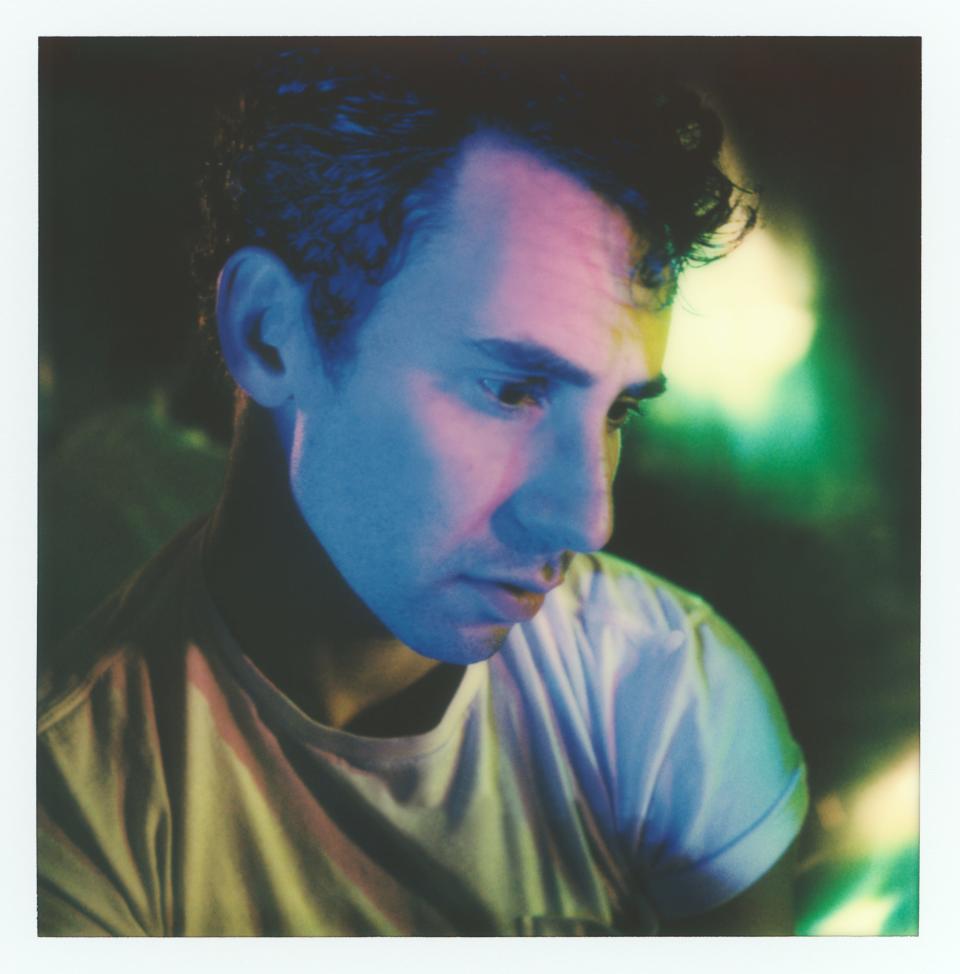Jack Antonoff's restless creativity shines on Bleachers album: 'What if we zigzag?'
Jack Antonoff readily admits that the pandemic “drastically” affected the completion of Bleachers’ new album.
Ensconced in New York, he couldn’t go many places last year and started to worry if he would ever be able to play live again. Or at least the way he prefers a Bleachers concert to unfold with “everyone very sweaty and on top of each other.”
But the Grammy-winning super-producer (long ago of Fun.) who routinely bounces into new projects, whether with Taylor Swift, St. Vincent or Lorde, harnessed that worry and frustration – and, at some points, joy – and corralled his Bleachers bandmates into a room.
“(What we were feeling) could only come from this once-in-a-lifetime experience (of the pandemic),” Antonoff tells USA TODAY. “That feeling became a character on the album. That was the thing pushing me through and it changed the context of everything and made the album a very joyful one.”
More: Taylor Swift's 'Foklore' was the album she was born to make
That album, “Take the Sadness Out of Saturday Night,” out Friday, explores what Antonoff calls, “unearned hope.”
Musically, there are threads from some of Bleachers’ infectious hits (“I Wanna Get Better,” “Don’t Take the Money”), but the band’s previously deep ‘80s vibe is expanded with a new ruggedness.
Whether it’s the etherealness of “Chinatown” (featuring fellow New Jersey mainstay Bruce Springsteen), the Devo-meets-Talking-Heads quirk in “Stop Making This Hurt” or the ping-ponging guitar and saxophone in “How Dare You Want More,” the album is an ideal representation of Antonoff’s restless creativity.
We discussed some of the songs with Antonoff, and here's what he had to say:

Q: You produced St. Vincent’s (Annie Clark) “Masseduction” and she produced the opening song “91” for you. What was it like being on the other side?
Antonoff: I was really struggling with that song. I didn’t know what to do with it because I was deeply intent on it being this intro/overture; the song is a little micro piece of the whole album with that theme of unearned hope and tearing an apartment apart and starting over and then out of nowhere, inventing the future. Every time I did (the song) it didn’t land. Something was missing from it and the thing that was missing was that Annie had the idea of moving in cello to create anxiety. The whole song is about this underlying anxiety and the cello is that character and it completely cut the song open for me.
The best so far: A look at some memorable music in 2021
Q: Getting Springsteen on “Chinatown” had to be a huge moment for you. Do you think he did it because of the Jersey connection or that he related to the lyrics?
Antonoff: That was one of the most organic things. We were just sitting around playing each other records. I showed him the demo at his studio, so (being able to record) was right there. There wasn’t a big conversation about it and that’s exactly how it works. I could have never written a song with Bruce in mind. The only way it works is with these organic moments.
Q: Is “45” a love letter to the 45 (record)?
Antonoff: It’s really just a love song. Some people thought that because (Donald) Trump was (president number) 45 that it was about him. But it has nothing to do with Trump and it doesn’t have a ton to do with 45 records. It’s a quick, quick passing moment. The big sentiment is, I’m still here. I think that song is a special one for the audience. It’s the B-side to “Chinatown,” which is such a big statement that “45” became the dejected younger brother.
Q: Bleachers has always had ‘80s overtones and in “Stop Making This Hurt,” I hear a lot of Talking Heads. Were they an influence?
Antonoff: Definitely. There is this quality I also hear in The Waterboys, Television, Dexys Midnight Runners, like, is this band going to fly off the cliff? And I love it so much. I just relate to it so deeply, that feeling of what’s going to happen? Are we going to make it through this song? And it’s kind of like that feeling I’ve always felt with Bleachers, especially live. What makes it so special to me? I would it imagine it’s what makes it special for our audience. We’re just sort of chasing this thing when we’re playing live and it’s pretty unhinged and it can feel pretty wild. What if we zigzag along the lines a little? That’s a big story of this album.
This article originally appeared on USA TODAY: Jack Antonoff and Bleachers release third album featuring Springsteen
